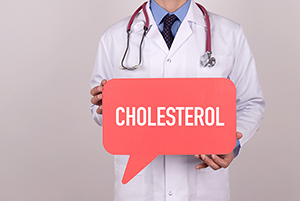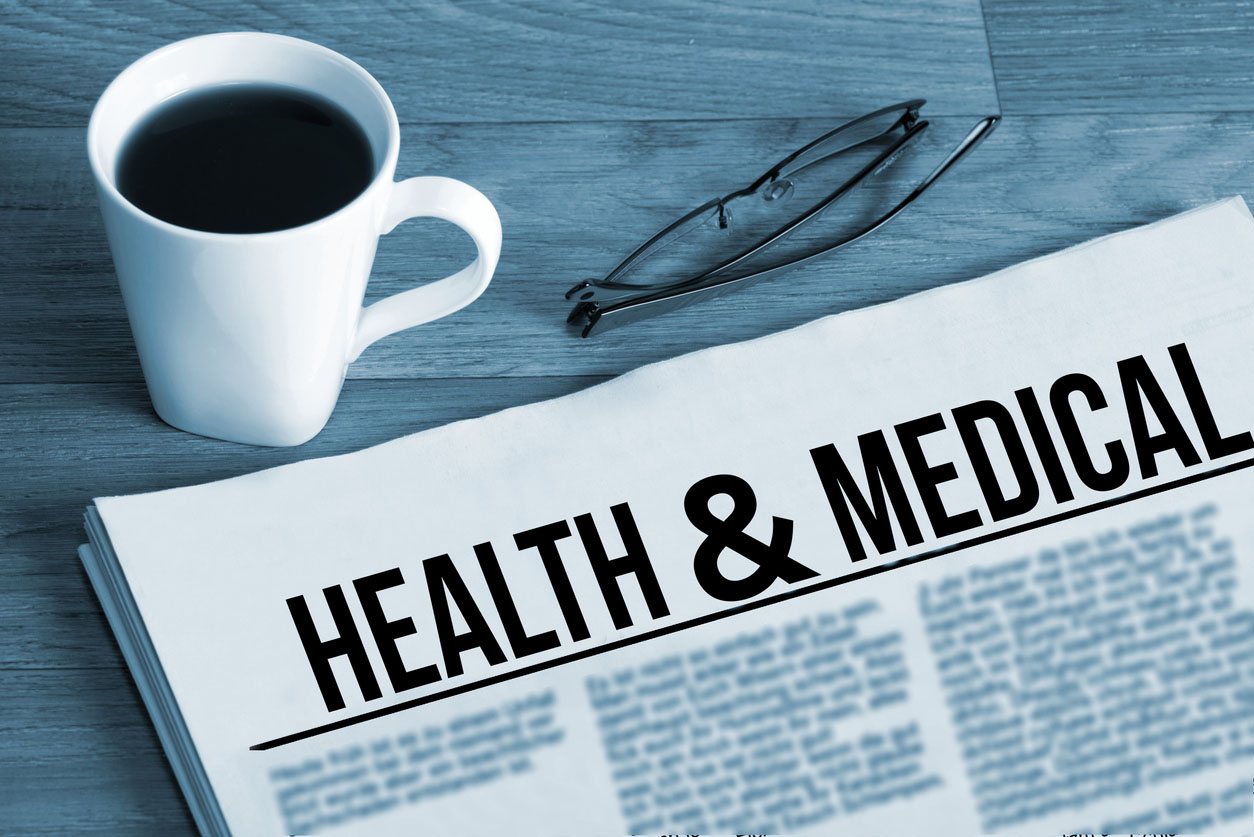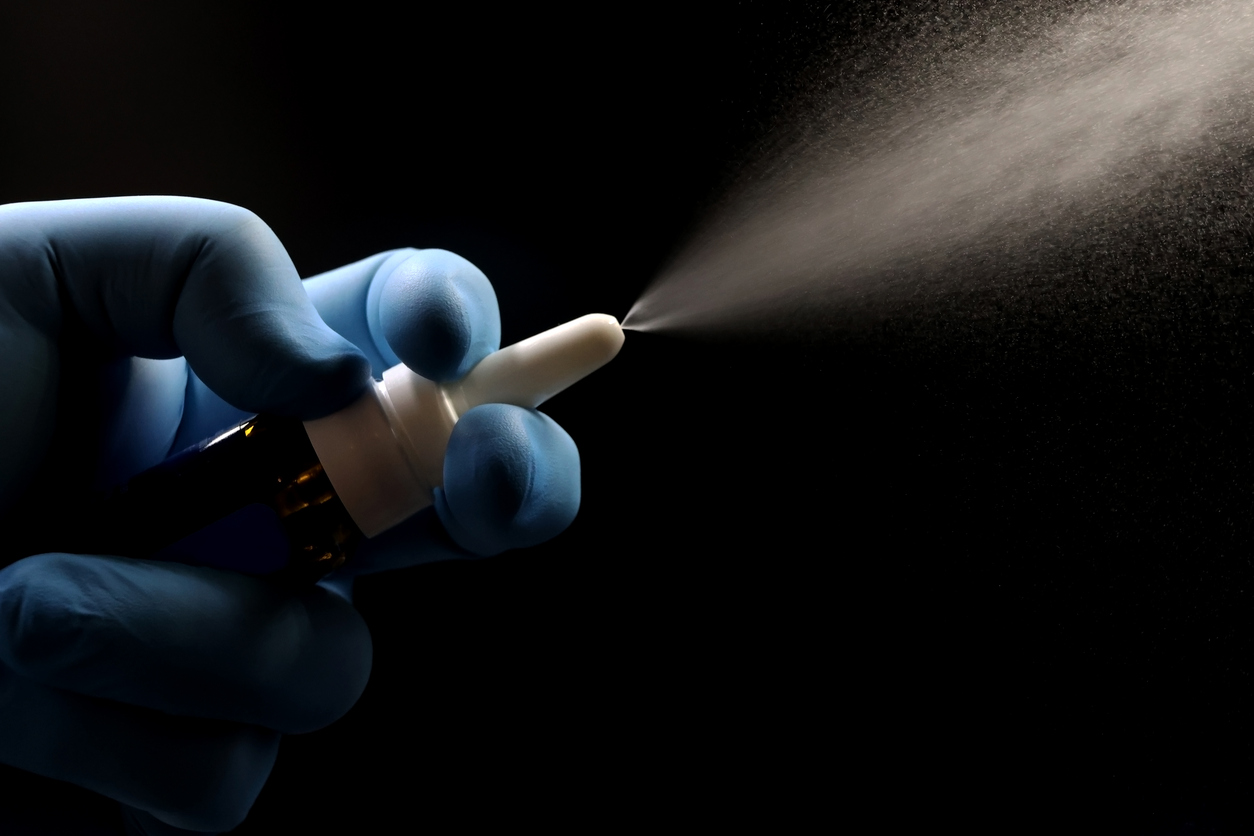Cholesterol is not a foe in and of itself. Here’s why:
Cholesterol is a necessary substance in our bodies. It’s part of all of our cell membranes—the phospholipid membrane.
As much as 80 percent of cholesterol is produced by the liver, while the other 20 percent is obtained from diet. It is classified as a structural antioxidant and is a critical component of cell membranes, helping cells to maintain their proper shape. It is necessary for brain function and hormone balance. Indeed, cholesterol is the substance from which our sex hormones are synthesized. So, if cholesterol is very low, so is DHEA, testosterone—and possibly libido. It’s not surprising that low libido is a common complaint of individuals put on statin therapy for primary prevention of coronary artery disease.
The human brain is 40 to 60 percent cholesterol. Memory loss and dementia is a common long-term effect of statin use.
A substance called 7-dehydrocholesterol under the skin reacts with UVB rays from the sun to synthesize vitamin D. That substance begins to diminish after age sixty, therefore taking vitamin D supplements is appropriate year round.
Infants need cholesterol for proper brain development. Large amounts are supplied in human milk (which is approximately 55 percent fat). As a matter of fact, the mammary gland secretes certain enzymes to ensure absorption of cholesterol by the infant.
Cholesterol synthesis operates on a negative feedback loop: The more dietary cholesterol consumed, the less synthesized by the liver. When on a low-fat, low-cholesterol diet, the liver churns out more cholesterol—because the body needs it!
In fact, I did a four-part podcast (Part One, Part Two, Part Three, Part Four) on a brilliant literature review article questioning the necessity of statins in the context of a low-carb diet.
Need more? The Framingham heart study found that those individuals with “desirable” cholesterol levels (<200) scored lower on verbal fluency, attention and concentration, and abstract reasoning than those with higher cholesterol levels.
Very low cholesterol is associated with dementia, depression, moodiness, aggressive behavior, violence, and decreased learning ability and intelligence. It is also a risk factor for cancer and increased mortality from cancer, infections and suicide.
Remember that cholesterol is a repair substance—the “spackle” to repair damaged arteries. And here’s a favorite quote on the matter by Meyer Texon, MD:
“Indicting fat and cholesterol for hardening the arteries is like accusing white blood cells of causing infection, rather than helping the immune system address it.”
If you want an even deeper dive into the dangers of low cholesterol, take a look at this.








